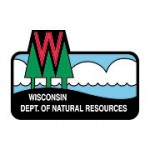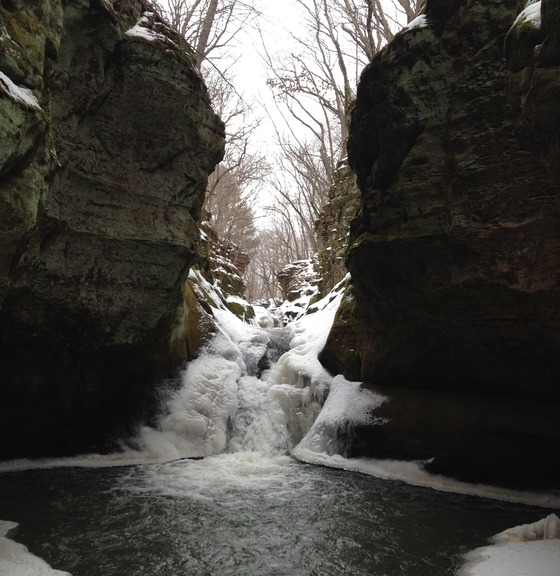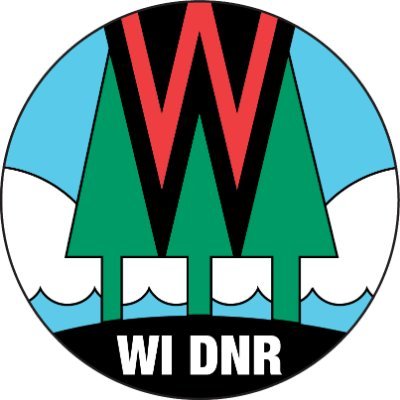Help Wisconsin Bats During International Bat Week 2024
MADISON, Wis. – The Wisconsin Department of Natural Resources (DNR) encourages Wisconsinites to take action to help bats during International Bat Week, Oct. 24-31, 2024, and throughout the year.
Of the eight bats found in Wisconsin, four are state-threatened species – the big brown bat, little brown bat, northern long-eared bat (also federally endangered) and tricolored bat – and one, the silver-haired bat, is of special concern, meaning the population is declining and in need of conservation action.
The decline of bats in Wisconsin is primarily due to white-nose syndrome (WNS), caused by a fungus that attacks the bare skin of bats during hibernation. The disease exhausts their energy stores and leaves them vulnerable to starvation before their insect diet becomes available in the spring. In 2014, WNS was first detected in the state at a large hibernation site that was home to 1,000 little brown bats. By 2018, the population there had dwindled to only nine individuals.
While recent Wisconsin Bat Program survey counts show rebounding numbers at some significant hibernation sites across the state, there’s still a long way to go. “Our program concluded hibernation surveys at our largest sites in early 2024, and we were surprised at how rapidly numbers were rising for three winters in a row,” said Jennifer Redell, DNR conservation biologist and bat program cave and mine specialist. “Moments like these have been few in North American bat conservation since WNS entered the continent.”
Despite recent glimmers of population recovery in little brown bats, hibernating bats are still stressed by WNS each winter. Help take care of these valuable mammals in your area by taking a few simple steps.
Tips To Help Backyard Bats
- Learn how you can build your own bat house.
- Participate in an International Bat Week event.
- Plant native plants that are foundational to a healthy backyard ecosystem.
- Control burdock on your property, which can fatally entangle bats and small songbirds. After burdock has gone to seed, avoid composting, which may allow it to spread.
- Maintain an insecticide and herbicide-free yard. They can harm bats through the food they eat.
- In outbuildings and basements frequented by bats, keep buckets overturned or on their sides to avoid trapping bats and other small mammals.
Volunteer And Support Opportunities
- Become a Wisconsin Bat Program volunteer and participate in Roost Monitoring or Acoustic Monitoring.
- Sign up for email updates about bats and bat conservation.
- Donate to the Endangered Resources Fund to support threatened and endangered species and habitat protection in Wisconsin.
For more information about bats, visit the Wisconsin DNR’s frequently asked questions webpage.
NOTE: This press release was submitted to Urban Milwaukee and was not written by an Urban Milwaukee writer. While it is believed to be reliable, Urban Milwaukee does not guarantee its accuracy or completeness.






















